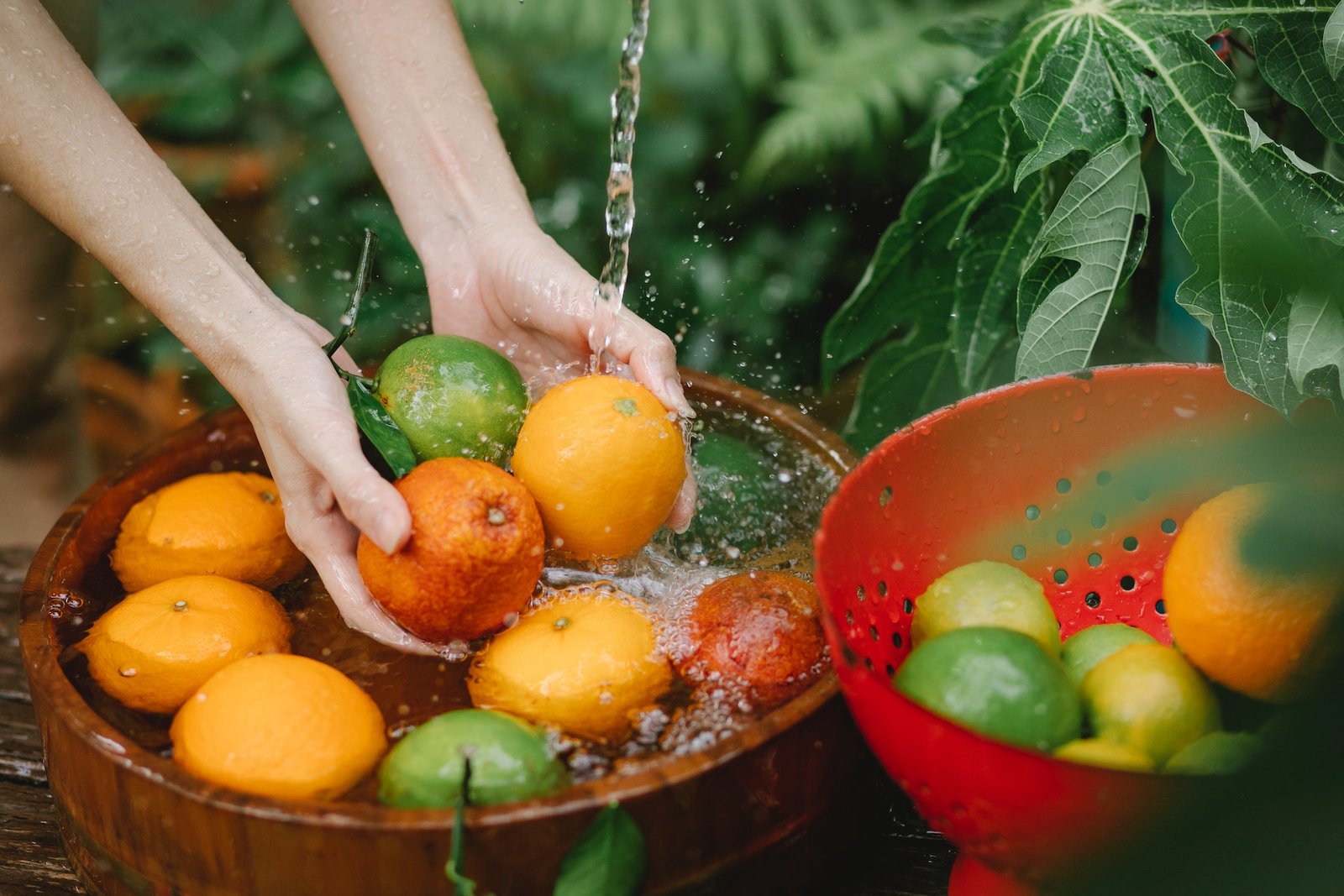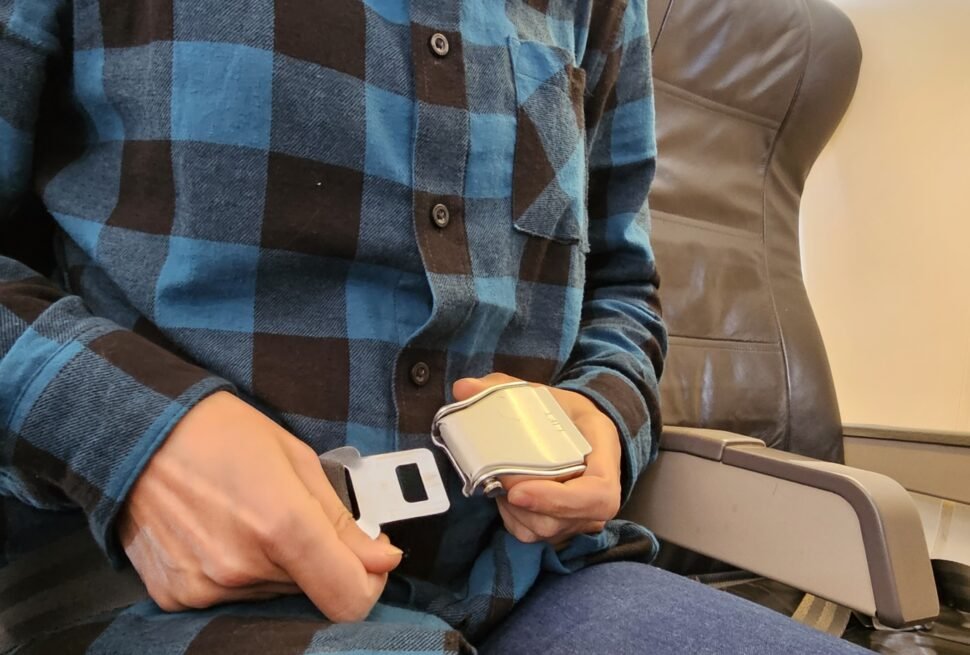Traveling can be a wonderful adventure, but it can also come with some health risks, especially when it comes to food and water. Eating and drinking in unfamiliar places can increase the risk of foodborne illnesses and dehydration. However, with some knowledge and preparation, you can minimize these risks and stay healthy while enjoying your travels.
Here are some safe food and water practices you should consider when traveling:
- Drink safe water
Access to safe drinking water is essential for maintaining good health, and it’s not always readily available in some parts of the world. To ensure you are drinking safe water while traveling, consider the following tips:
Stick to bottled or filtered water: Avoid tap water, ice cubes, and drinks that may have been made with tap water. Instead, opt for bottled water or drinks that have been filtered, boiled or sterilized.
Bring a water bottle: It’s important to stay hydrated, especially in hot climates. Bring a reusable water bottle with you and fill it up with safe drinking water whenever possible.
Be cautious with water sources: If you are in a remote area where bottled water is not available, consider using a water purification system, such as a water filter or purifying tablets.
- Practice safe food handling
Foodborne illnesses are a common concern for travelers, especially in areas where food hygiene standards may not be up to par. To avoid getting sick from contaminated food, consider these tips:
Choose reputable food establishments: Look for restaurants and food vendors that have a good reputation and clean facilities.
Wash your hands: Make sure to wash your hands with soap and water before eating, especially if you have been handling money or touching surfaces that may be contaminated.
Avoid raw or undercooked food: Raw or undercooked food, such as meat, seafood, or eggs, can harbor harmful bacteria that can cause food poisoning. Stick to well-cooked food, and avoid any dishes that may contain raw or undercooked ingredients.
Be wary of street food: Street food can be tempting, but it’s also a common source of foodborne illness. If you choose to indulge, look for vendors who are preparing food fresh in front of you, and avoid dishes that have been sitting out for a long time.
Peel your fruit: Fruits and vegetables can be a healthy and refreshing snack, but they can also be a source of contamination. To reduce the risk of illness, wash your fruits and vegetables with clean water, and peel them before eating.
- Be prepared for emergencies
Even with the best precautions, emergencies can still happen. It’s important to be prepared in case you do get sick while traveling. Consider these tips:
Carry medication: If you have a pre-existing medical condition, make sure to bring enough medication to last for the duration of your trip. You should also consider carrying basic first aid supplies, such as bandages and antiseptic.
Know the location of medical facilities: Before you travel, research the location of medical facilities in the areas you’ll be visiting. Keep a list of emergency contacts with you at all times.
Get travel health insurance: Travel health insurance can provide coverage for unexpected medical expenses, such as emergency medical treatment or evacuation.
Safe food and water practices are crucial for maintaining good health while traveling. By drinking safe water, practicing safe food handling, and being prepared for emergencies, you can reduce the risk of illness and enjoy your travels with peace of mind. Remember to always consult with a healthcare professional before taking any medications or making any changes to your health routine while traveling.
Adrenaline junkie with a passion for exploring off-the-beaten-path destinations and finding unique ways to stay active. Expect stunning scenery, challenging workouts, awesome travel tips and a whole lot of fun. Let’s get sweaty and explore the world together!




